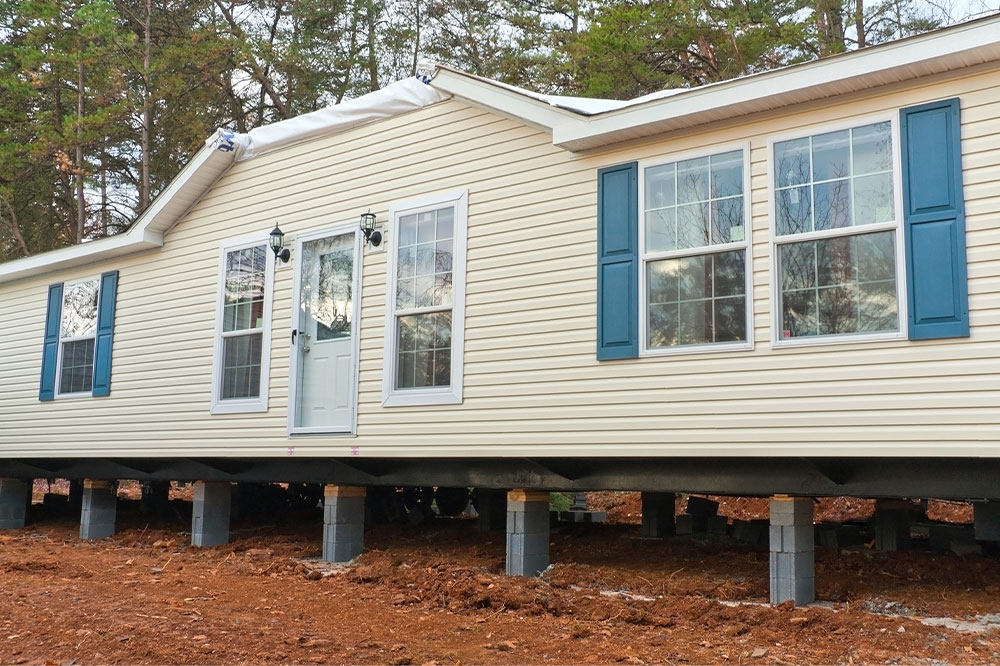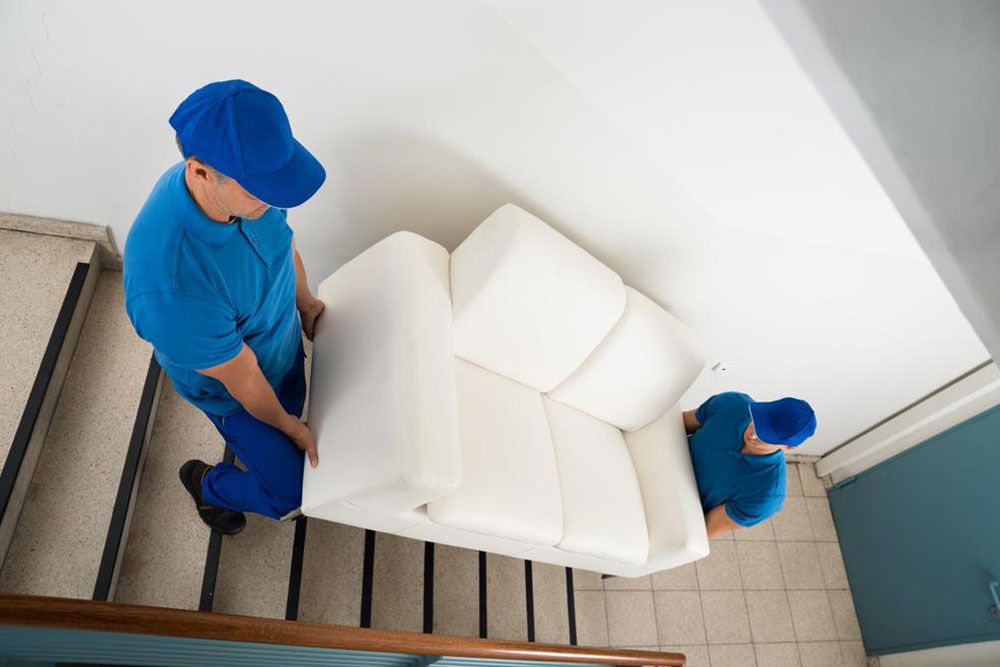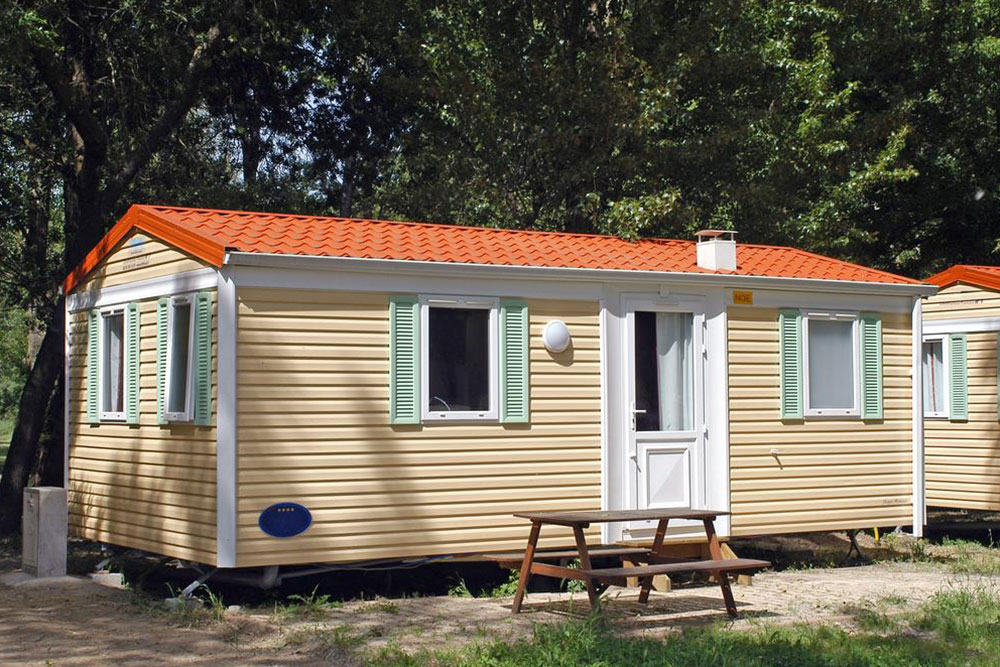Essential Factors Influencing Mobile Home Relocation Costs
Relocating a mobile home involves multiple factors affecting costs, including size, distance, permits, and weight. Planning ahead, understanding these variables, and hiring experienced movers can help ensure a smooth and cost-effective move. This guide covers typical expenses and essential preparation steps for mobile home relocation.

Thinking about relocating your mobile home? It's a complex task that involves more than just towing it behind your vehicle. Moving a mobile home that complies with current HUD standards requires careful planning, proper team support, and significant investment. Understanding the costs involved can help you prepare effectively. You can either start the process yourself or hire professional mobile home movers, which will incur additional fees.
Preparation includes removing personal belongings, securing furniture, removing skirting, and safeguarding windows to prevent damage during transit. The overall expense depends on multiple variables, from distance to size and permits.
Estimated Costs for Moving a Mobile Home
Complete moving services within 30 miles, including permits, generally cost between $5,000 and $10,000. Moving a double-wide unit over the same distance tends to range from $10,000 to $13,000. These figures are approximate and vary based on individual circumstances.
Factors influencing the final cost include labor, setup services, size, permits, and transportation fees. Longer-distance moves, such as interstate relocations, tend to be more expensive. Local moves usually involve minimum fees up to around $1,000, while skipping setup services can save some costs but might increase risks. Preparation steps include disconnecting utilities, packing belongings, removing skirting, securing windows, removing decks or sheds, and installing axles and hitches.
Key Elements That Impact Moving Expenses
The cost of mobile home relocation is affected by several critical factors:
Size of the Mobile Home
The dimensions directly influence the overall cost. Larger models, especially those wider or longer, often require special permits, police escorts, or road closures, increasing expenses.
Distance of the Move
The farther the mobile home needs to be transported, the higher the expenses. Extended distances demand additional fuel, specialized equipment, and possibly maintenance like new tires.
Permits and Inspections
Relocating across jurisdictions requires legal permits and inspections. In some states, older homes need mandatory inspections before transfer, which can add to costs. The transfer team typically assists in obtaining these permits.
Weight of the Mobile Home
Older mobile homes weigh approximately 35–40 lbs per square foot, whereas newer models weigh around 45–50 lbs per square foot. For example, an 800-square-foot mobile home could weigh nearly 40,000 lbs. Heavier units need more advanced equipment, raising the total cost.
Note: The insights shared are based on general estimates and research. Actual costs may vary based on specific circumstances, locations, and additional factors. Always consult with professionals for accurate quotes and guidance.









